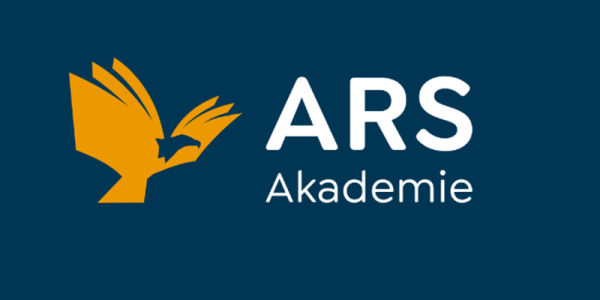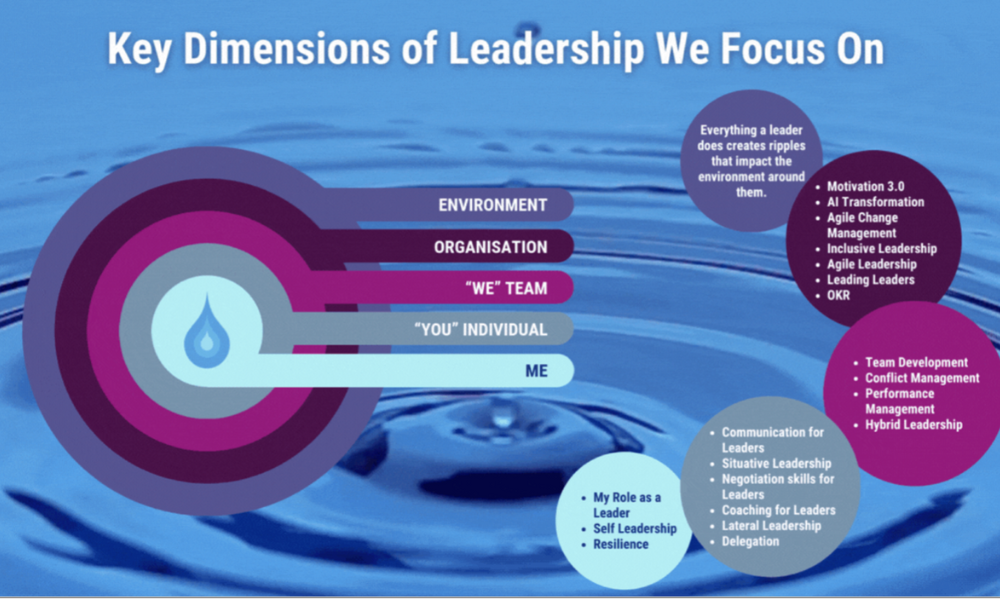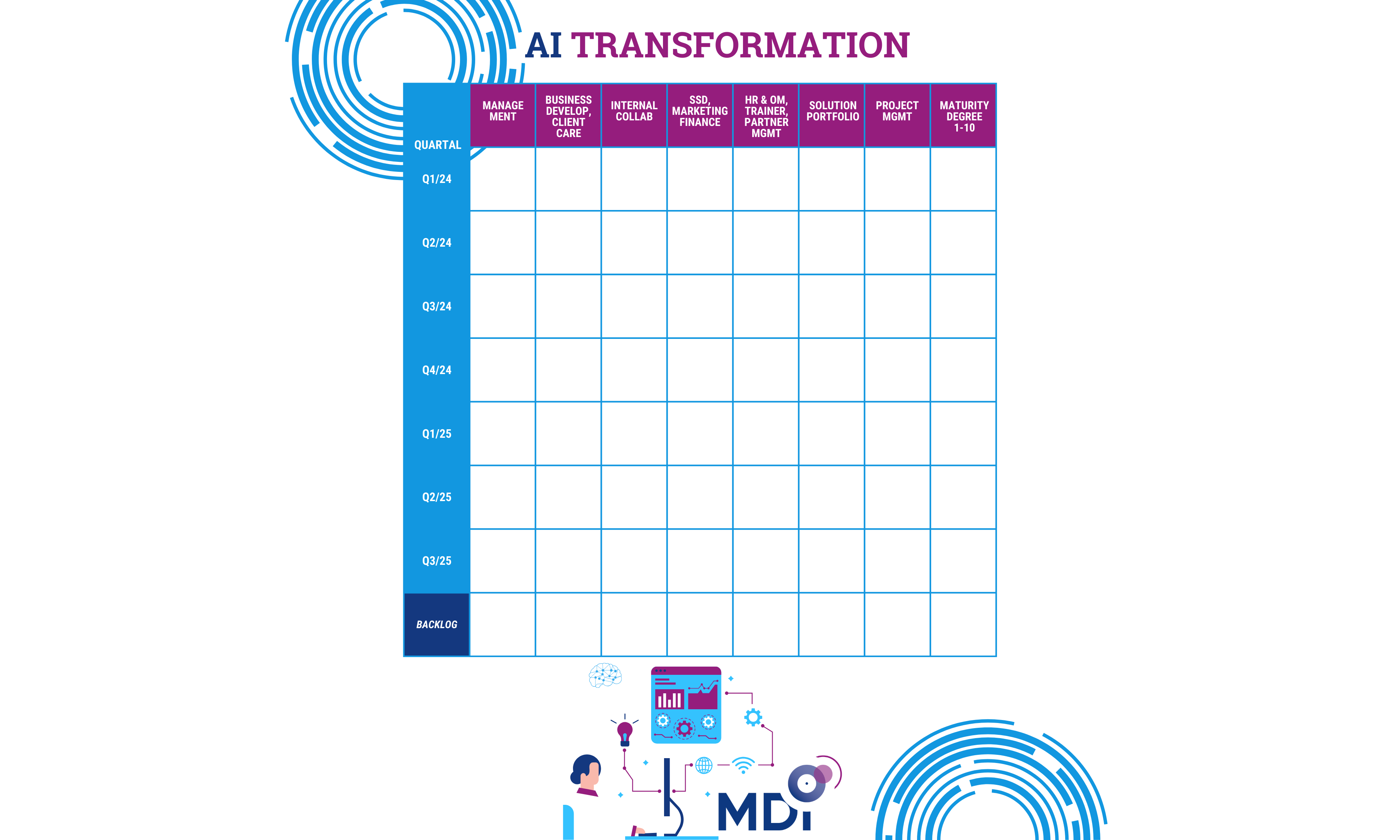
How to Build a Psychological Safety Net at Work
How to Build a Psychological Safety Net at Work
Would you like to listen to this article?
Click here to access our AI-generated audio version! Have fun listening 😉
How to Build a Psychological Safety Net at Work
Some of you might recognize these situations at work: You have an idea but hold back—because you’re not sure how it will be received. Or you want to ask a question but stay quiet—for fear of embarrassing yourself.
What’s often behind this? A lack of psychological safety. It keeps people in protective mode instead of creative mode. Our L&D consultant, Florian Biedermann, explores psychological safety in his newest blog article. Find out what he’s thinking and how he approaches this topic below!
Google already uncovered this in 2012 through its Project Aristotle:
In high-performing teams, everyone has a voice. Everyone is treated with respect. The way leaders and team members interact matters deeply. That’s why it is essential for leaders to create a space where people feel:
“I can say what I think—without fear of negative consequences.”
This simple sentence is the heart of a concept gaining global traction: psychological safety—a work environment where people feel free to ask questions, admit mistakes, voice ideas or concerns… without blame or shame.
But here’s the real question:
Can it actually be trained?
Why leaders play a key role
Leaders are climate shapers. Their mindset and communication style strongly influence whether openness can thrive. But in reality? Many leaders operate under high pressure—and often react defensively to mistakes or conflicting opinions. So it’s no surprise that psychological safety has become a core focus in modern leadership development.

Can it be trained?
Yes.
But not through theory. Only through experience, reflection, feedback, self-awareness, and real behavioral training.
Here are a few practical approaches:
Feedback exercises in safe settings
→ How do I react when someone challenges me?
Rehearsing error-friendly conversations
→ How do I show that learning matters more than blame?
Coaching on language and mindset
→ How do I speak when I truly want to listen?
Integrating external perceptions
→ How do my people actually see me?
Since live sparring partners aren’t always available, we at MDI developed a tool to help:
Our AI Leadership Lab allows you to simulate conversations—on topics like communication, conflict management, or negotiation—via text, voice, or even with an avatar.
You get personalized feedback to identify your blind spots and grow your strengths.
Confidence is not a nice-to-have
Psychological safety is not a fluffy soft skill—it’s a critical business factor and a strategic management tool.
You can’t demand it.
But you can build it—through practice, reflection, and leaders who are willing to grow.
Over to you
Is psychological safety already part of your leadership training? What helps you create a safe climate—and where do you hit your limits?
Share your ideas with Florian on LinkedIn!

Florian Biedermann
Learning & Development Consultant at MDI
Florian Biedermann is a Learning & Development Consultant at MDI (Management Development Institute) – a global consulting company that offers solutions for leadership development. His focus is on making complex issues understandable and inspiring people to think – and act. Florian previously worked for many years as an author and manager in the e-learning sector, after spending over a decade as a freelance journalist.





















